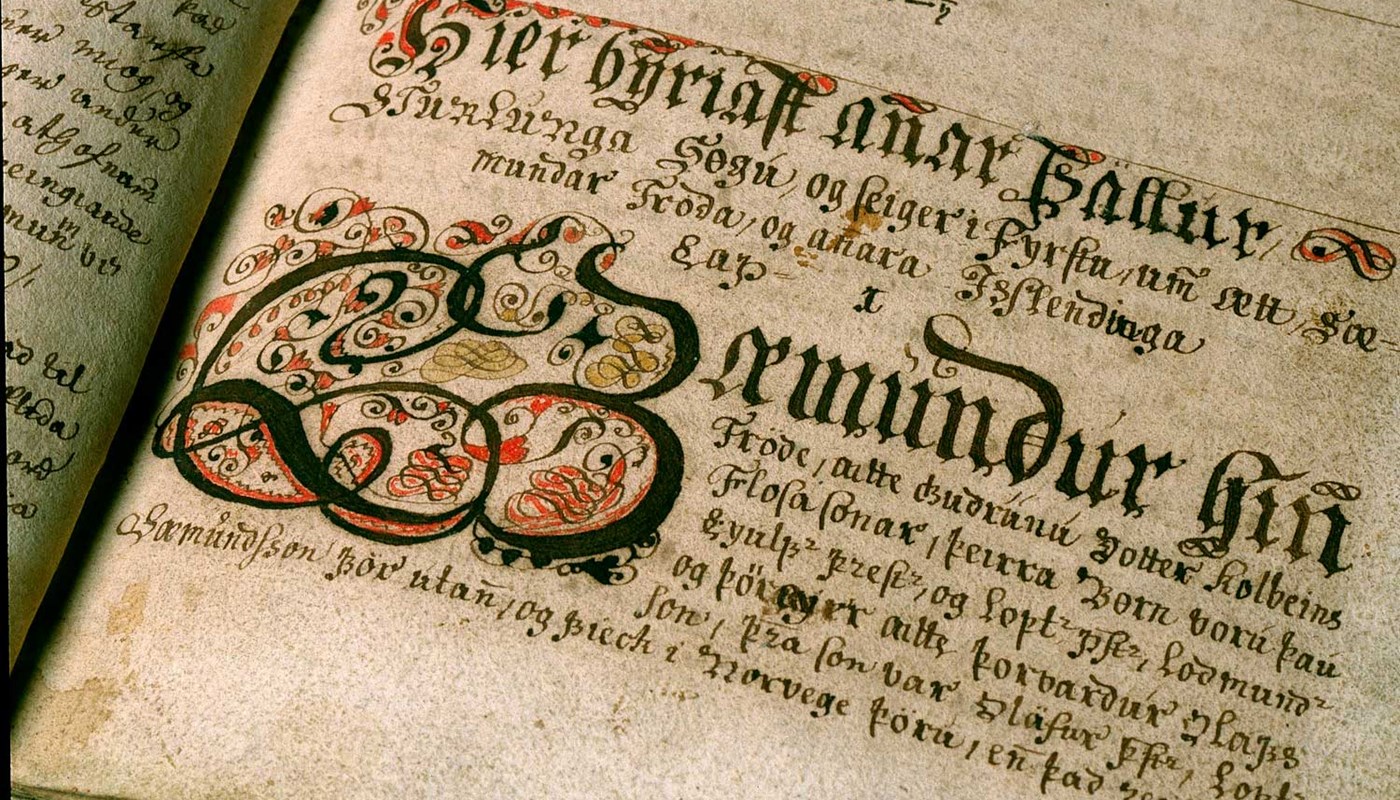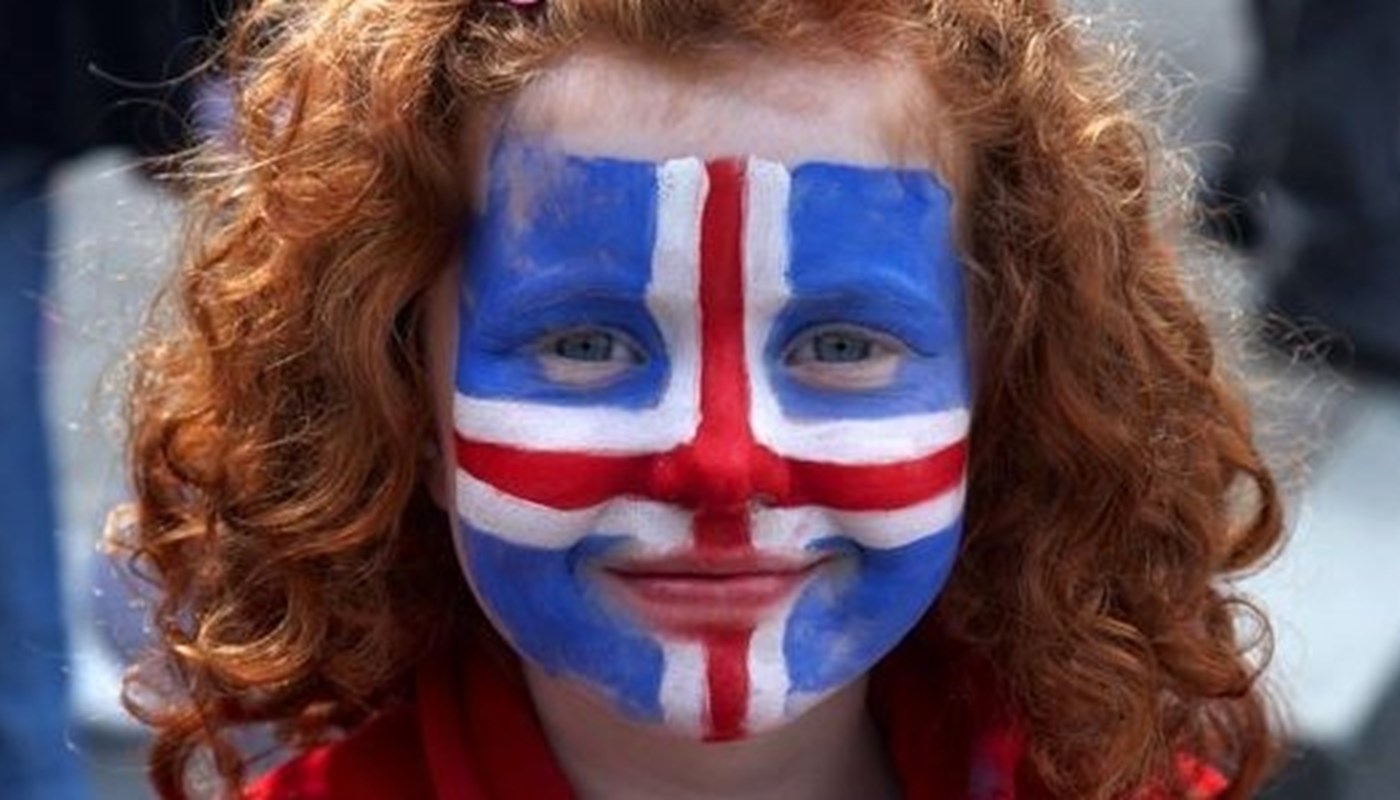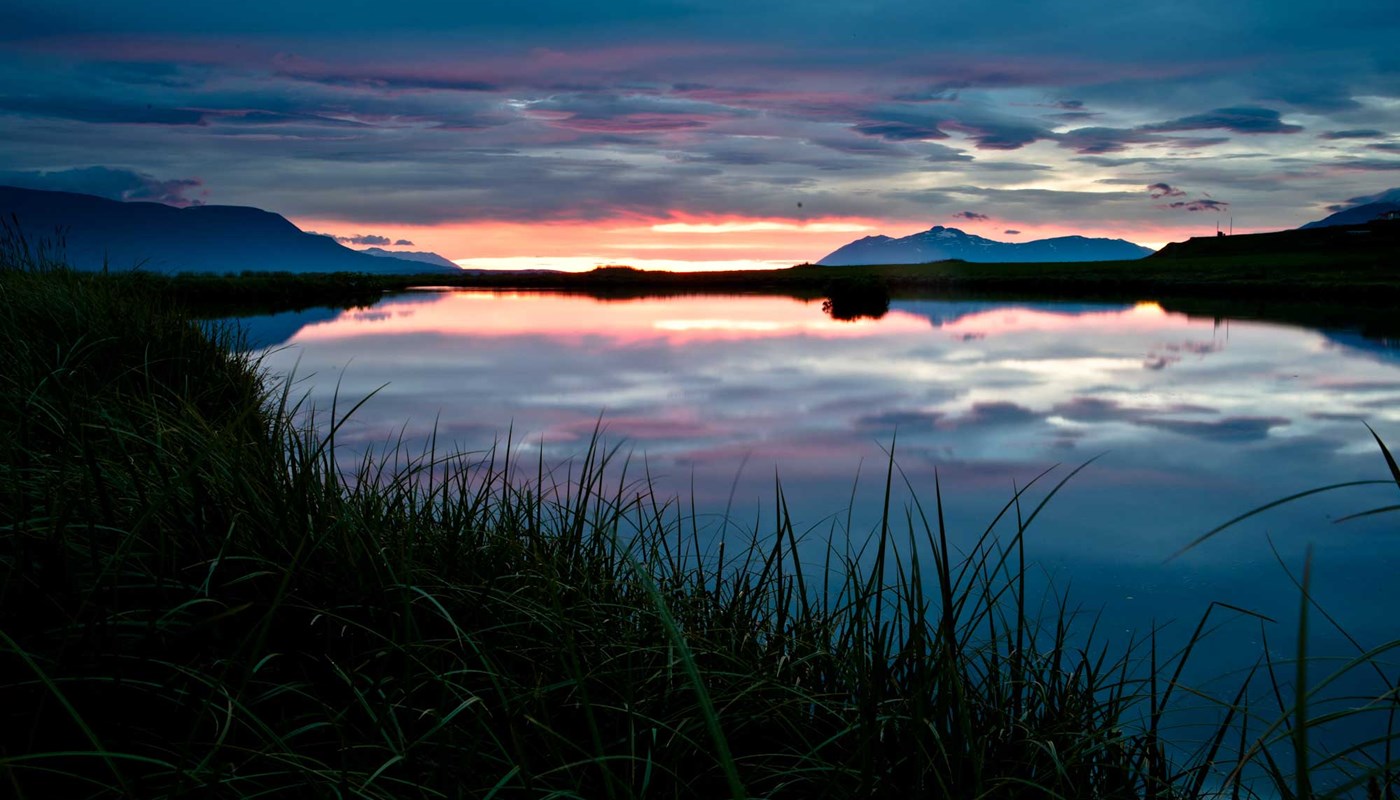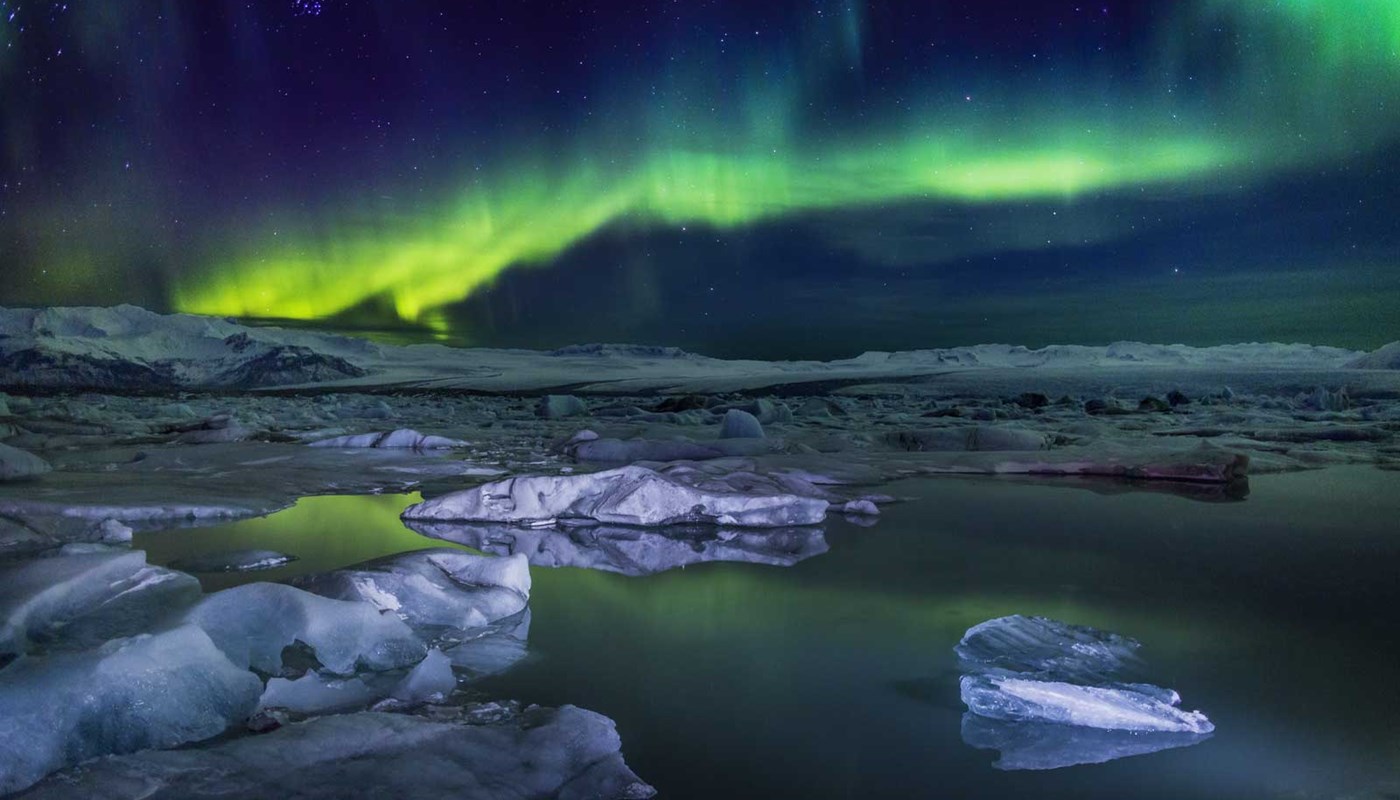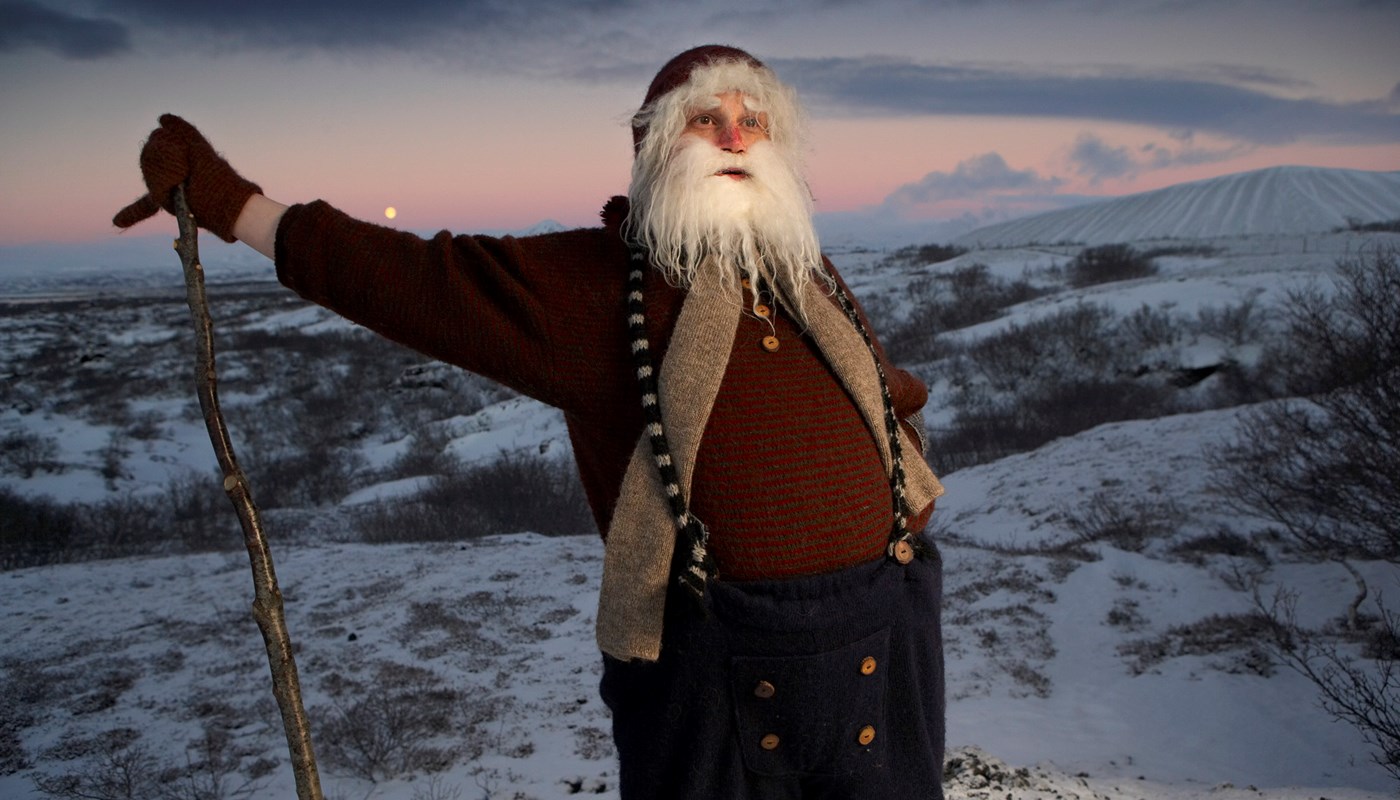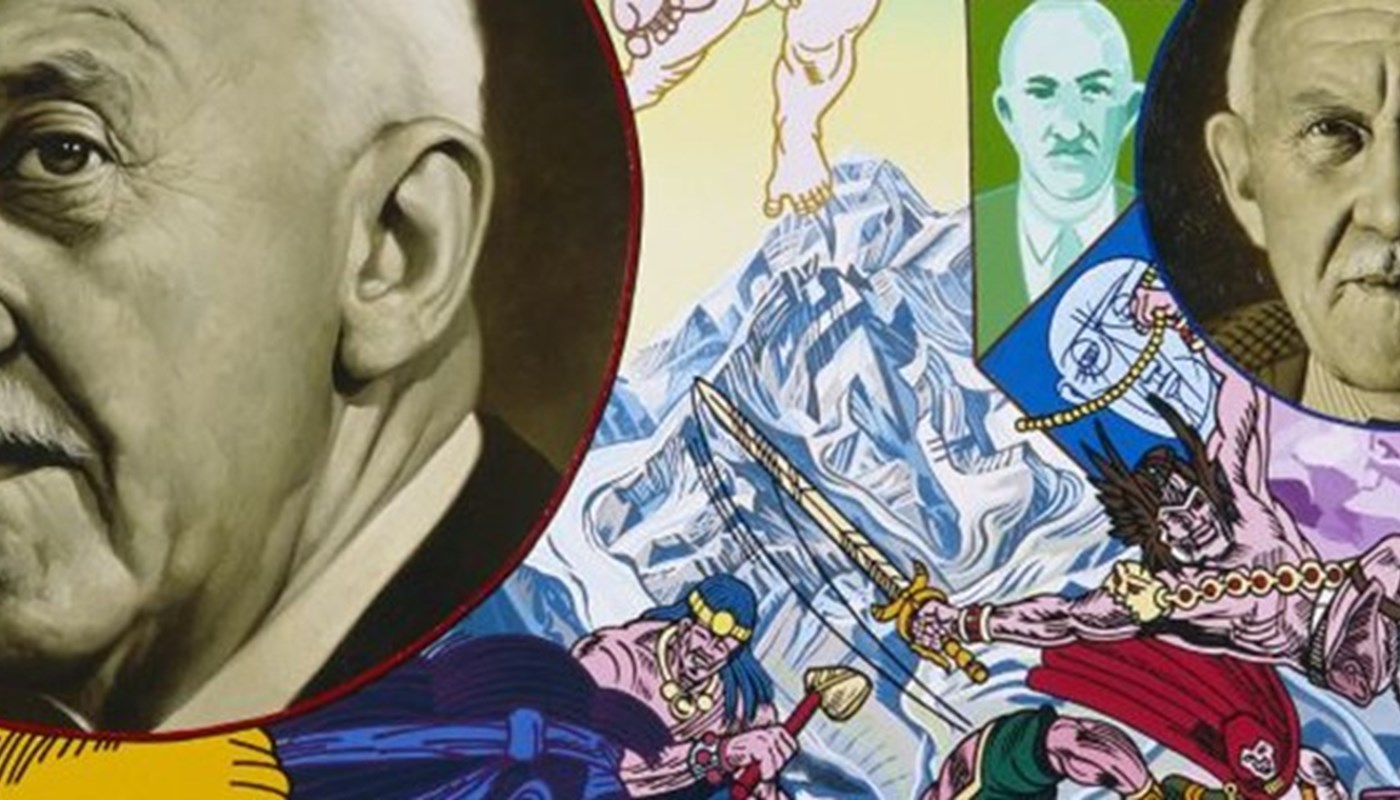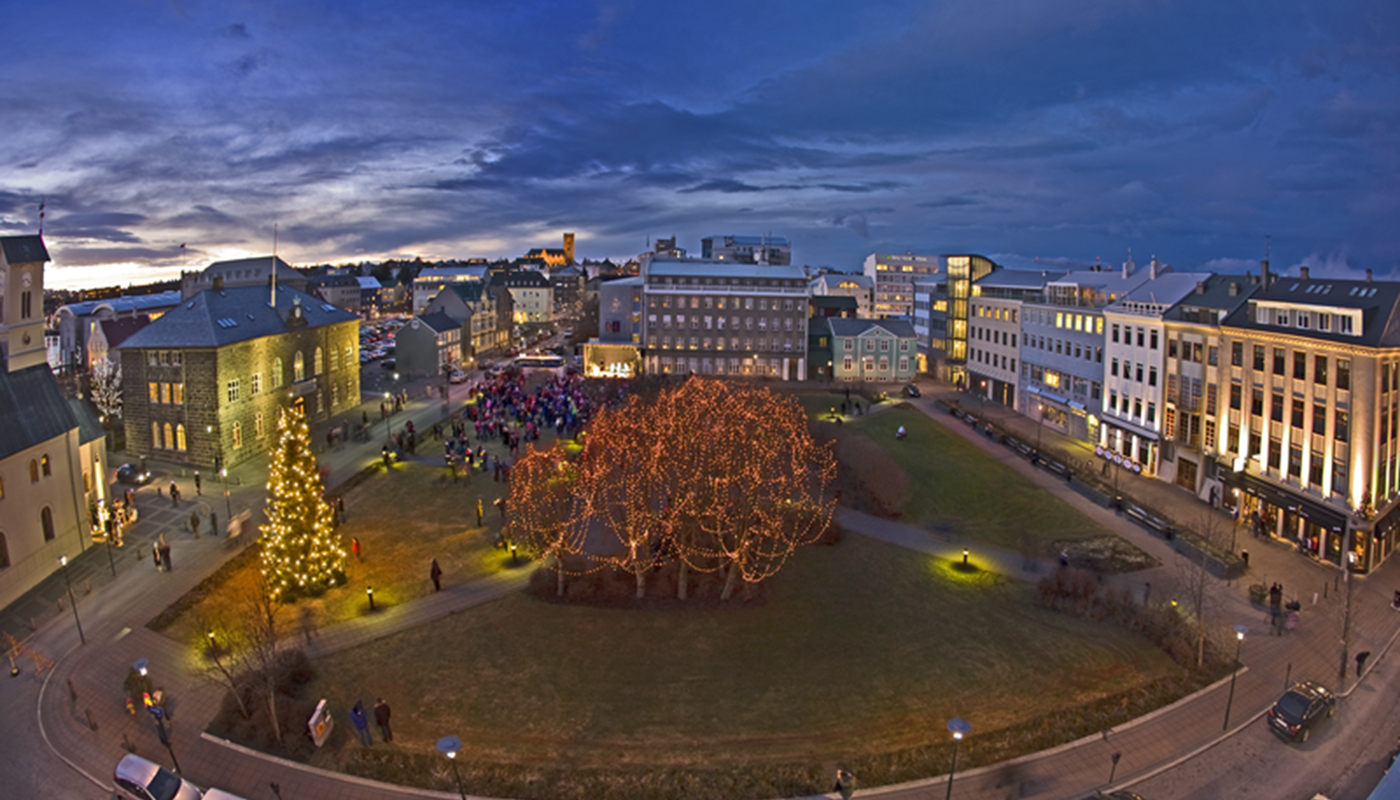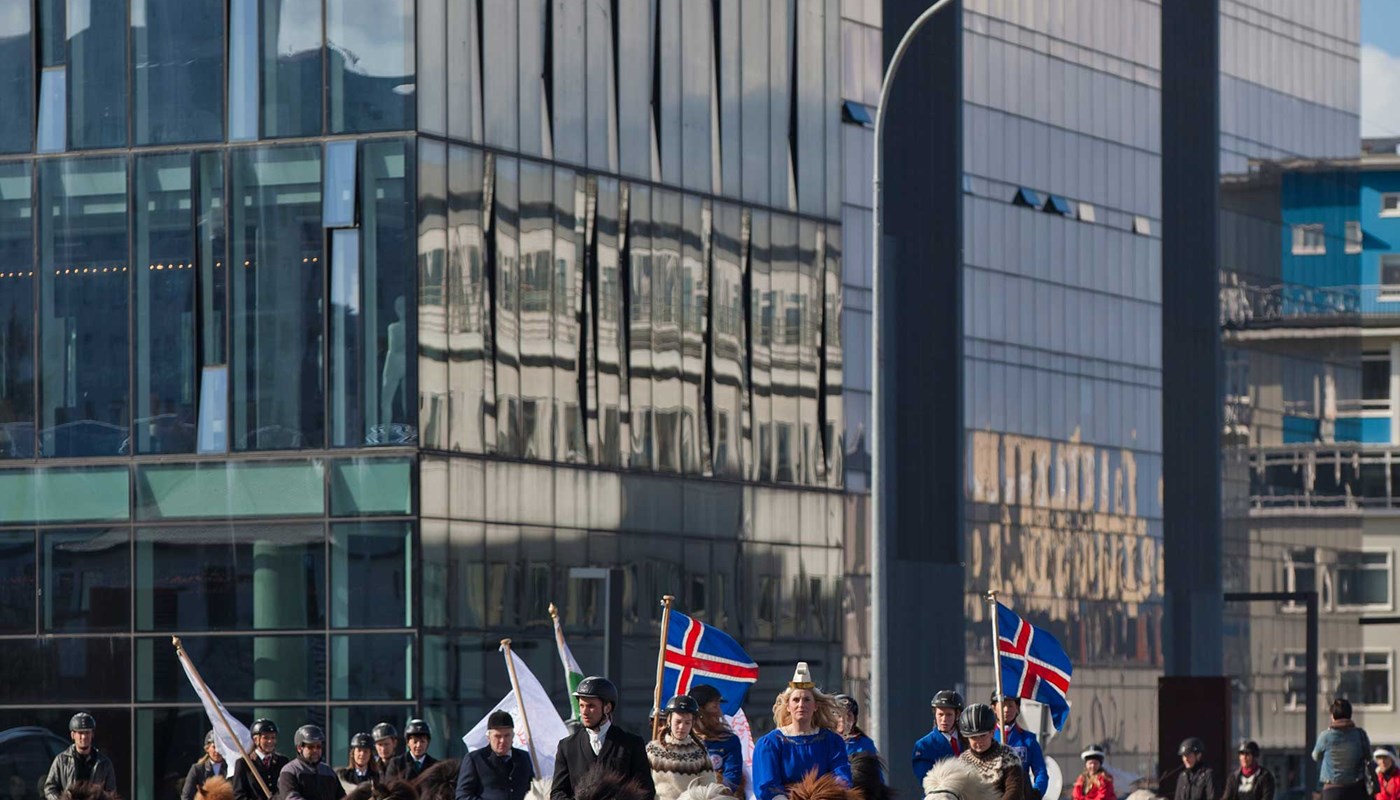SETTLEMENT
Iceland was the last country in Europe to be settled. To this day, it is one of the most sparsely populated counties in the world.
Located in the middle of the North Atlantic, Iceland was settled by emigrants from Scandinavia and the British Isles in the tenth century. Due to Iceland's geographical location, it was mostly outside the influence of contemporary culture in Europe and America, until the late nineteenth century.

ISOLATION AND TRADITION
Icelandic culture has been shaped by isolation and the extreme forces of nature. These conditions have created a resilient people, where family ties are close, the sense of tradition is strong, and the bond with nature is tight. While strongly rooted in customs and traditions, today's Icelandic society is both modern and progressive.
A small country by most measures, Iceland has a high standard of living, extensive political freedom, and has taken an active role in sustainable development and commitment to the environment.

Literature
Through the centuries, Iceland has developed a unique tradition for storytelling and literature, beginning with the esteemed Icelandic Sagas of the tenth and eleventh century. In this fertile environment, Iceland has produced a number of talented writers including Nobel Prize laureate, Halldór Laxness (1955). It is no accident that Iceland's capital, Reykjavík, was the first non-English speaking city in the world to be named a UNESCO City of Literature in 2011.
Museums around the country celebrate Iceland's rich cultural heritage and tradition.
More Themes
A Country of Creatives
For an isolated culture in the North Atlantic, creativity is important. Ever since Iceland was settled in the 9th century, writing and music have been an integral part of life in the country; and have in recent years reached a large audience on the global stage thanks to the efforts of international pop stars such as Björk and Sigur Rós, as well as the wide readership of authors like Halldór Laxness, Arnaldur Indriðason and Yrsa Sigurðardóttir.
Clean nature
Icelanders have long enjoyed one of the highest life expectancies in the world. There is no definitive explanation for this, but a clean environment and a healthy diet and lifestyle probably have something to do with it. The Icelandic diet is rich in quality raw materials, farmed, bred and caught in an unpolluted environment, and produced with the utmost care.
Mysterious Iceland
Iceland is home to the largest glaciers in Europe, as well as some of the world's most active volcanoes, and is widely known as "The Land of Fire and Ice". But Iceland escapes definition. It is also the land of light and darkness. Its location, just below the Arctic Circle, makes for long summer days with near 24-hours of sunlight; offset by short winter days with very little sunlight at all. Fortunately, while winters in Iceland are dark, they are relatively mild and play host to one of nature's most spectacular exhibitions of beauty; the Aurora Borealis.


